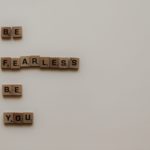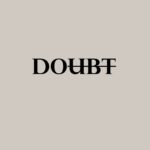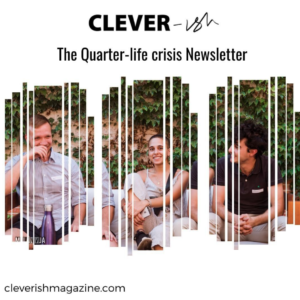
The universe is made of stories, not atoms.
I saw this quote by the poet Muriel Rukeyzer displayed at the Lowell Observatory while vacationing in Arizona last summer. On that trip, a psychic predicted I’d shrink myself to please a future partner. The last time I’d seen a psychic, he predicted I’d soon find my soulmate in a blonde androgynous hippie. The carefree yang to my structured yin. I wanted to believe in one story over the other.
The Arizona psychic’s prediction that I’d shrink myself felt somewhat unreasonable. I did not want to shrink myself (again) for anyone, especially not after spending several years being single and actively working on how to be a better partner in a healthy relationship. This work meant learning about attachment styles, reading feminist novels about love (by social critic bell hooks), and listening to Brene Brown’s podcasts on courage and vulnerability.
Stories are everywhere— the stories we tell, the stories we’re told, the stories we want to believe in, and the ones we want to reject. Stories ultimately help us to make sense of the world and help us cope. Stories are everywhere. But how do they contribute to the endless mess that has become today’s dating game? As a self-proclaimed hopeful romantic, I often obsess over love stories and fictional couples in romantic dramedies. I am well aware of the dangers of getting lost in the fantasy stories of love.
LET’S START HERE: TALES FROM AN UNPROCESSED GLOBAL PANDEMIC
It would be helpful to explore the context of how the world has changed and impacted dating after living through a pandemic. It bred an influx of singles now looking for committed relationships and, in others, created a fear of dating. COVID did a number on us all.
After spending months and even years quarantined in our homes or hyper-personalized bubbles, meeting people primarily online was, for a time, the only socially acceptable and safe form of connection. Social Distancing, as we called it, expectedly created a different kind of epidemic— we may have experienced some regression while the world was on pause. We lived in an unprecedented period of fear, and that epidemic of loneliness took its toll on our mental health.
Spending so much time alone during this period made me hunger for more in-person human interaction and connection. In my post-lockdown quest for companionship, I had eagerly forgotten about the importance of setting boundaries, how to communicate effectively, and the importance of vulnerability in order to get close to others.
I found myself fulfilling the psychic’s dark prophecy– ignoring my gut feelings and everything I had learned for the promise of attention, affection, comfort, and the idea that someone could choose me and make me feel worthwhile. At the time, my therapist helped drill some much-needed reality into my head and made me realize I was looking for anyone to save me from loneliness.
Pre-COVID, I remembered a me that was content with being alone, more focused, carefree, laughed at life, and possessed a curiosity about the world rather than fearing it. I’d become an unrecognizable version of myself until a good friend reminded me that the pre-pandemic version was still in there.
ONLINE DATING & THE STORIES OUR SOCIAL PROFILES TELL
When dating online, we create and scour through profiles, curate potential matches, scrutinize them, and hope for love again and again on an endless loop of scrolling, swiping, and first dates. It’s exhausting to date when it feels like a game. You can say the dating scene feels equivalent to conveyor belt sushi. I am the hungry yet picky vagabond waiting for the right bite and the meal waiting to be chosen.
Creating a dating profile asks us to reduce our complicated personalities into whatever version we think is most appealing and attractive. Our social profiles help us paint a picture of who we want to be seen as, while we expect another person to be exactly who they present themselves to be. To find a partner, we boast a sampling of our interests, horoscope signs, and personality type while also being prompted to fill out a goal sheet for what we’re looking for in someone else. Dating apps also match you based on compatibility through algorithms that filter through mutual friends and music tastes.
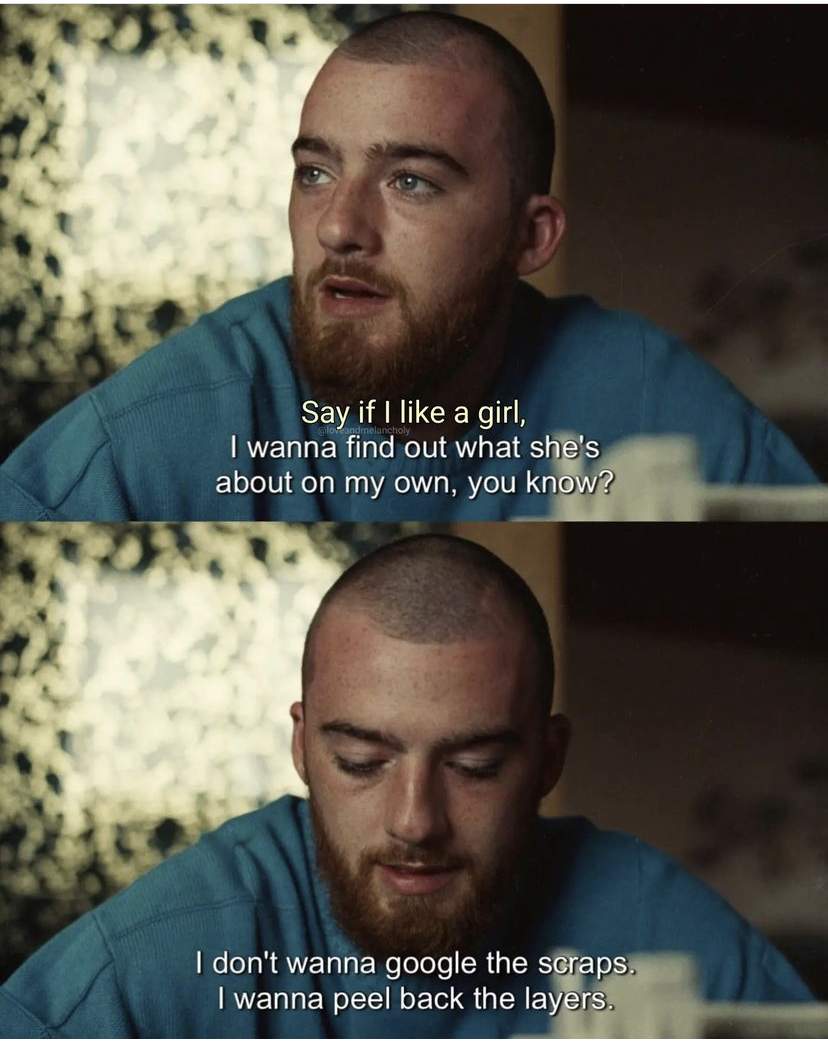
Online dating is now a norm for finding a partner. There are positives to using them, as they help us figure out what we’re looking for while we conveniently search for love. But do any of us know exactly what we want? It’s a loaded question, and profiles present only part of the story of compatibility. As Alain de Botton says in The Course of Love, “The partner truly best suited for us is not the one who miraculously happens to share every taste, but the one who can negotiate differences in taste with intelligence and grace.”
I can’t help but worry that using dating apps causes us to feel differently about the human beings we want to court. Studies have shown that using social media platforms change our psychology, present the overwhelming paradox of choice, heightens narcissistic qualities, and creates unrealistic expectations that we project onto others.
But we’re not like the technology we use to seek others out. We are more than a right or left swipe. We are complex, beautifully flawed beings who exist in the gray, in mess, and in contradiction. If we’re too rigid and analytical in our online searching, we may be setting ourselves up to look for something we’ll never find.
We can get caught up in the stories we tell ourselves while dating, but as we all know, there is more than one side to every story. As we get to know someone, we can either tell ourselves stories about them tempered with empathy and understanding for their shortcomings* or stick to our rationalized checklists for finding our “perfect” someone.
*This is not someone who is clearly abusive, unhinged, or disrespectful. This is not someone emotionally unavailable, wants to have their cake and eat it without telling you about it, or leaves you with their breadcrumbs (you deserve that FULL loaf!)
SPIRALING INTO STORIES OF LACK, REJECTION & LOSS
We are complex individuals, we each have expectations of what it’ll take to find the right person, and sometimes our expectations do not align with that of the people we meet and date. Relationship advice clichés like “communication is key,” “keep your expectations low,” etc. are cliches for a reason. Their validity holds true and so warrants repeating.
In romantic comedies, if the protagonists have difficulty communicating, it nearly destroys their relationship. It’s common in any relationship to struggle to communicate our wants and needs. Vice versa, when someone isn’t communicating clearly with us, we tend to fill in the blanks with our own projections driven by our wants and/or fears. Sometimes these communication problems never get resolved and so we reject or get rejected.
Relationships hurt when they end. In getting over heartbreak, there’s always going to be a gut-sinking stage where you spend a cycle of nights crying out the sludge of what you think you’ve lost and lighting up at a text chime on your phone in hopes you’ll see their name flash across your screen.
When my relationships end, I feel like Julie Delpy’s character in Before Sunset, when she reveals that she finds it extremely difficult to let people go because of their beautiful specific details. However, romanticizing an idea of someone can trap you in an unhealthy cycle of grief and have you ignoring all of those pesky red flags (chalking them up to fun little quirks). Not all relationships last, but all have value as they teach you something about yourself.
-
 Reframing
Reframing
Feeling empty and down when people leave is normal, but when negative and self-defeating related thoughts arise, reframing your thoughts can help. When I get rejected and feel the loss, I start to tell myself stories of how I must be lacking. I take on the blame for why it must not have worked out. I reframe these negative thoughts by thinking of other positive forms of love in my life, the inevitable period of blossoming that follows a breakup, and how breakup songs are fun to sing along to.
-
Time Heals
The phrase ‘time heals’ is another classic dating cliché when it comes to heartbreak. Reframing works, but only over time does it get any easier. Pain is a natural part of life, ebbing and flowing, mimicking the moon’s phases, season changes, and tides. It’s natural and nothing we can’t handle. Plus, sometimes feeling the pain is good– you’re healing and growing toward something better.
IN CONCLUSION: CHANGE YOUR DATING NARRATIVE
It’s okay to be alone, even if it can be difficult. It’s also easy to get wrapped up in (or beaten down by) the search for love (especially when it feels like the world is falling apart). The saying “there’s a pot to every lid” feels less charming and hopeful when the lids and pots have been warped by exhaustive trauma and a changing dating landscape. It’s best to not crumble under the societal (and self-inflicted) pressure of not having successfully found “our person”. Do not obsess over finding the “perfect” mate. Rather, shift focus to where your worth lies as an individual.
Whenever I feel worthless after a relationship doesn’t work out how I imagined, I refocus on the small joys, the details of my story. I refocus on the little things that make me feel good — seeing live music with friends, playing board games on a rainy day, an oat milk latte in the morning. I live my life as the main character.
The stories I tell while dating becomes stories about falling in love with myself. I treat myself with the same level of effort, commitment, and consistency required for a relationship with another person. I take myself on hiking dates, I cherish my alone time with books, and I facetime my cousins to have a good laugh. A romantic and intimate partnership is beautiful, but before finding the love you want, fall in love with you first. Finding a partner becomes the B-Story.
6 ADDITIONAL RESOURCES TO HELP US UNDERSTAND LOVE BETTER:
- Attached: The New Science of Adult Attachment and How It Can Help You Find-And Keep-Love | Amir Levine, M.D., and Rachel S. F. Heller, M.A.
- #510. Me, a Love Story: How Being OK With Yourself Makes You Better at Everything | Sharon Salzberg | Ten Percent Happier podcast
- All About Love: New Visions | bell hooks
- Relationships 2.0: What Makes Relationships Thrive | Hidden Brain podcast
- Partnerships, Patterns, and Paradoxical Relationships with Esther Perel | Brené Brown’s Unlocking Us podcast
- The Course of Love | Alain de Botton

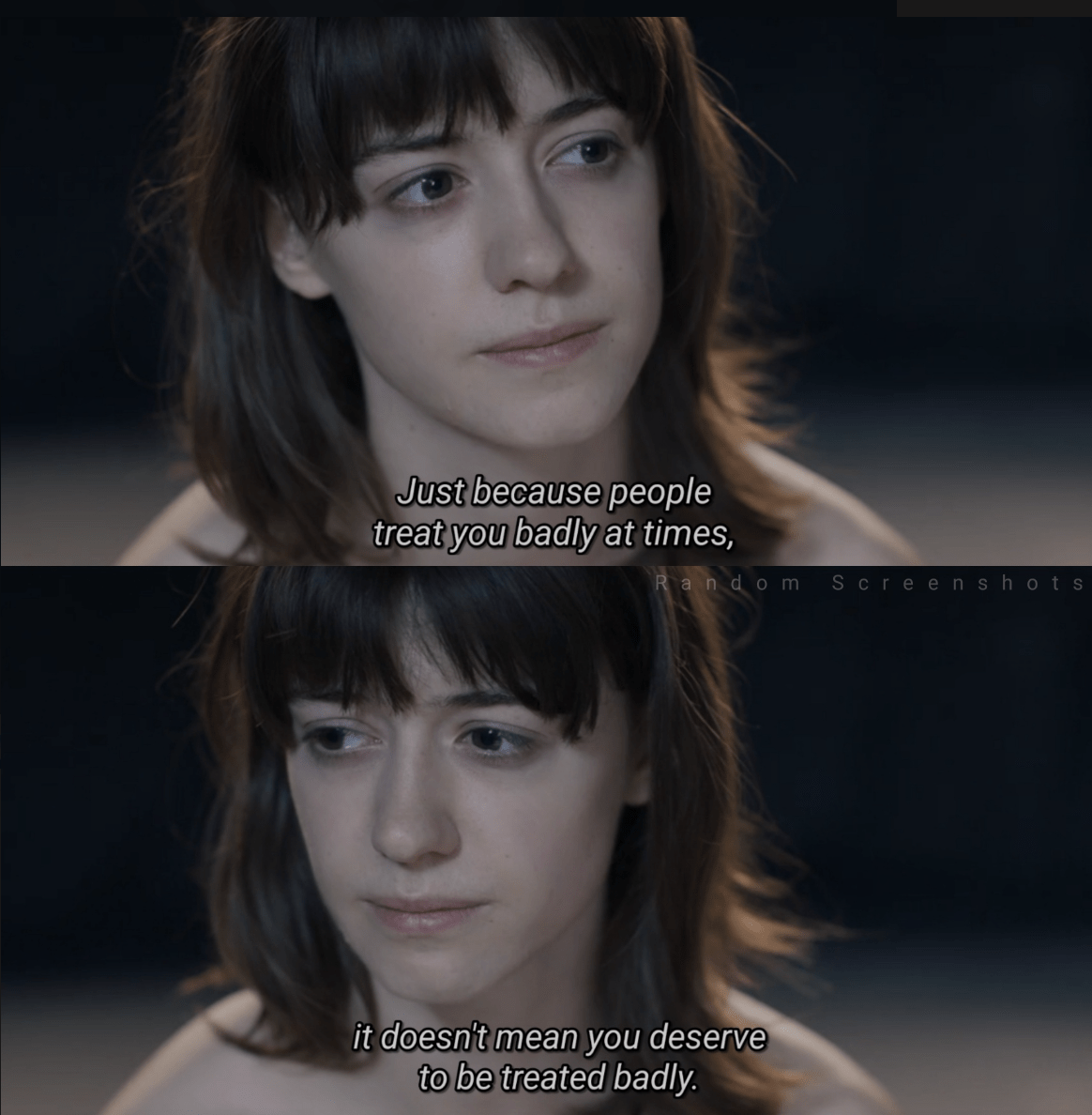
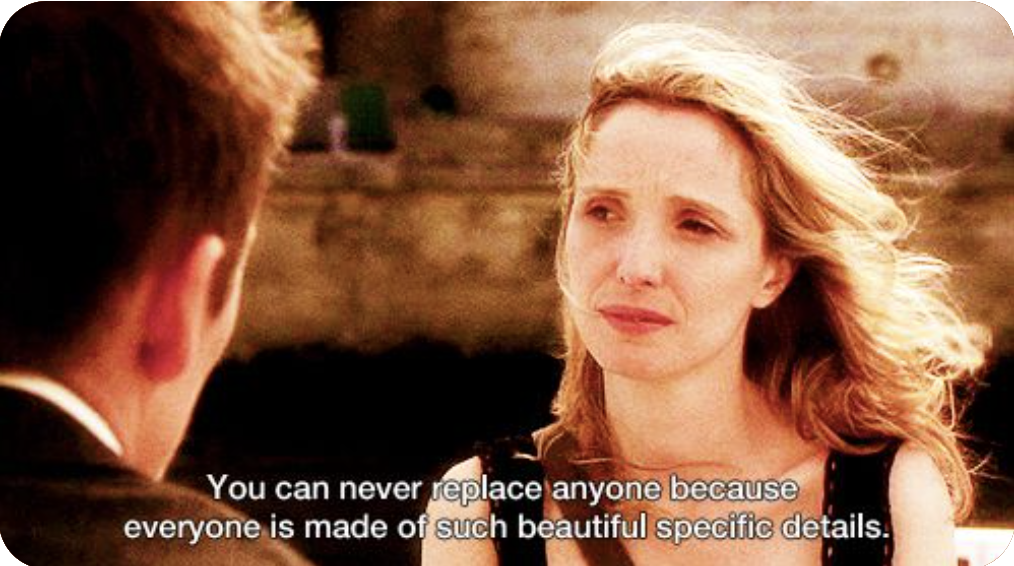 Reframing
Reframing